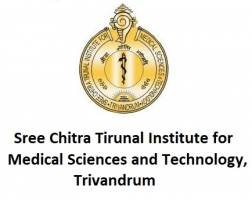
Log in to SCTIMST E-Learning and Examination System
Some courses may allow guest access
Font Size
Font Face
Background Colour
Text Colour
Font Kerning
Image Visibility
Letter Spacing
Line Height
Link Highlight